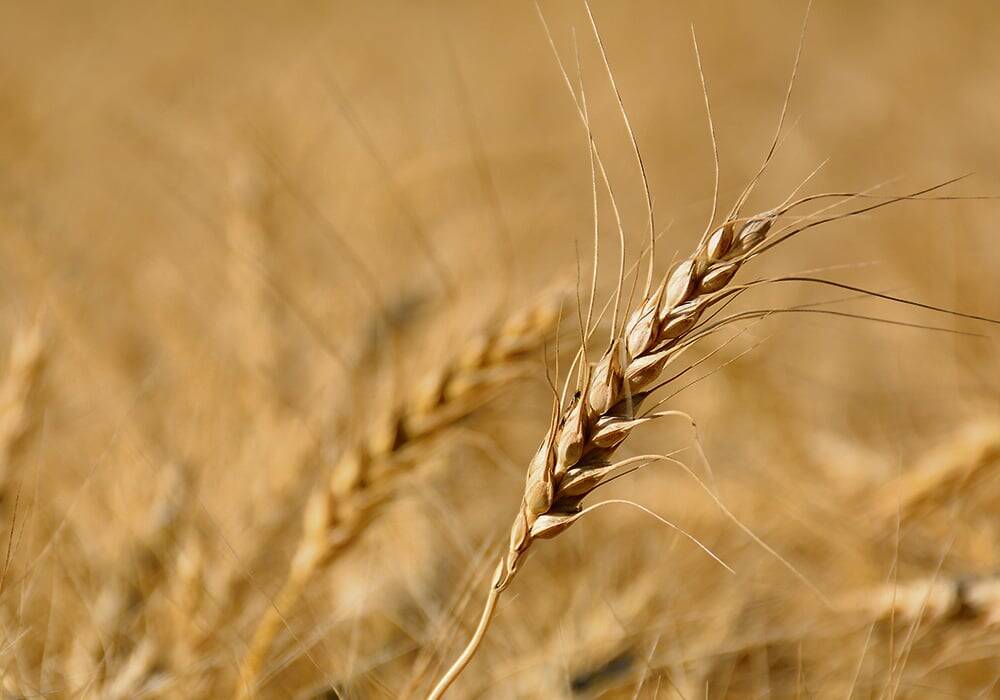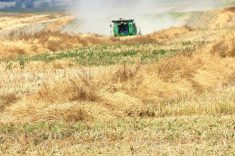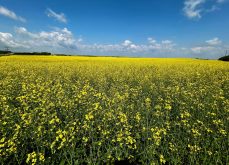Proposed U.S. country of origin labelling rules run contrary to mutual Canada and U.S. goals to reduce inflation, improve food security and build resilient supply chains, according to a submission from the Canadian government to the U.S. Department of Agriculture.
“One of the great strengths of the U.S.-Canada bilateral relationship is the successful integration of our meat and livestock sectors,” the submission said.
The Canadian government made its submission June 9 as part of U.S. consultations on voluntary country of origin labeling (vCOOL) for U.S. meat, poultry and eggs.
Read Also

Prairie CWRS bids rise, other wheats mixed
Canada Western Red Spring (CWRS) wheat bids across the Prairie provinces saw some strength during the week ended Nov. 11, taking some direction from the United States futures. However, other wheat classes were mixed.
The Biden administration proposed the rule in March in response to lobbying from U.S. ranchers, Reuters reported at the time. The rule would limit “Product of USA” and similar labels to products derived from animals that were born, raised and slaughtered in the U.S. However, it would not require products to carry an origin label.
Under current rules, animal products can be labelled as “Product of USA” if animals were processed in the U.S., even if they were born and raised elsewhere.
In 2022, total U.S.-Canada trade in live cattle, hogs, poults and chicks, hatching eggs, beef and pork was worth more than US$8 billion, according to the recent Canadian submission.
Canada has argued that supply chains operating under the proposed rules will have to segregate Canadian and U.S. animals and products. This would be costly and inefficient and discourage companies from using Canadian inputs.
A similar rationale led to the downfall of vCOOL’s mandatory predecessor, struck down in 2015 following a World Trade Organization challenge that ruled in favour of the complainants, Canada and Mexico.
The new proposed rule could also harm U.S. producers, the Canadian government said.
“For example, in recent years, there has been an increase in live cattle exports from the United States to Canada due to feedlot capacity expansion in Canada, higher processing volumes, and strong demand for beef,” the submission read.
“Under the new proposed rule, if an American rancher sends an animal to a Canadian feedlot, by virtue of availability, proximity, or economics, that is then sent back to the U.S. for slaughter and processing, that product would no longer be allowed to bear a ‘Product of USA’ claim.”
The rule also fails to account for supply-chain integration in border states and provinces, the submission claims. It would put undue pressure on processing facilities, especially small or medium-sized plants, to source American inputs when Canadian inputs are closer at hand.
The Canadian government requested that the U.S. “pauses and reconsiders the proposed rule in order to allow for consultations between Canadian and U.S. officials.” –– Manitoba Co-operator staff














